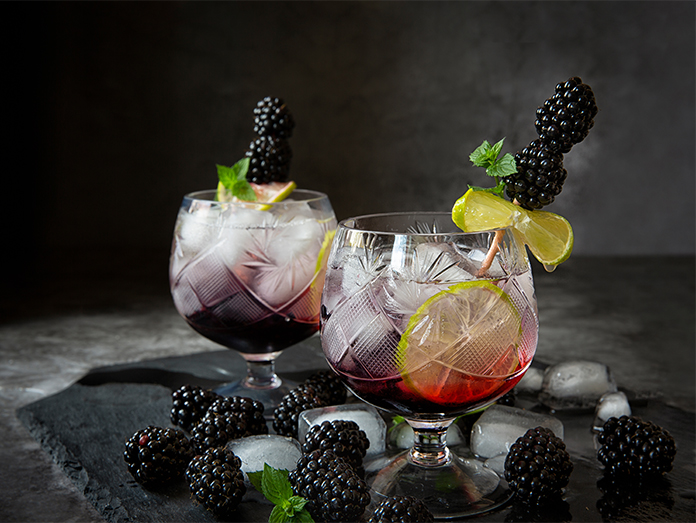More and more consumers are turning to no/low-alcohol drinks, and the impressive conclusion is that the category that seems to be missing out from this trend is not the full-alcohol drinks but non-alcoholic beverages such as soft drinks and water.
According to the IWSR survey of the top 10 no/low-alcohol markets (Australia, Brazil, Canada, France, Germany, Japan, South Africa, Spain, UK and US),
- 44% of no/low-alcohol drinkers have switched to a non-alcoholic drink from another non-alcoholic drink such as soft drinks, water, tea or coffee
- 29% substituted a full alcohol product, although this percentage was significantly higher than in 2022
Moreover, the IWSR Innovation Tracker shows that the number of no-alcohol innovations has more than tripled since 2019, with numbers peaking in 2020 for brand extension launches as well as new products. Consumer attitudes, however, are somewhat different within the low-alcohol category:
- 40% have replaced a full-alcohol alternative with a low-alcohol product
- 33% switched from another non-alcoholic drink
This shows that alcoholic categories continue to be increasingly replaced by low-alcohol beverages, whereas more than half of non-drinkers in the no/low-alcohol category either moderate their drinking (26%), or don’t drink at all (28%), offering a further untapped opportunity for no/low-alcohol beverage producers.
The CBD trend within the trend
The emerging segment of functional drinks with active ingredients such as CBD, which claim to offer health benefits (reduce stress, improve the mood, enhance pleasure), is beginning to attract consumers, especially the younger ones.
Read more on the research’s key statistics.



















